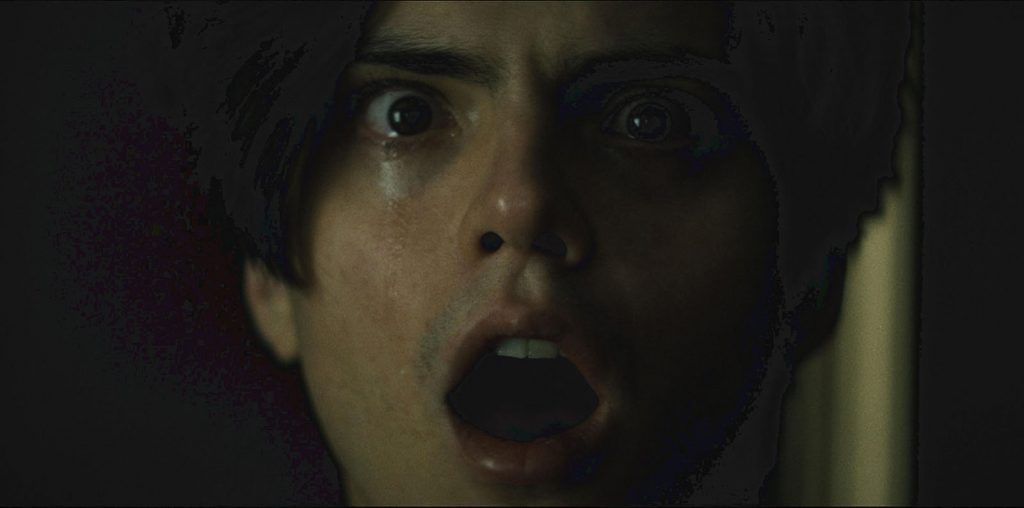
Martha Shane and Lana Wilson’s After Tiller does an admirable job of re-humanizing four doctors who have been turned into inhuman pawns because of what they do for a living. The pro-life movement has made them demons, casting them as the purveyors of the ultimate sin in a world being overrun by evil. The pro-choice movement has made the two men and two women who perform late-term abortions more than fathers, mothers, wives, husbands, and even doctors. The most notable aspect of this gut-wrenching, deeply pro-choice documentary is how it tears down the politics and spin about the four doctors who continue to do the work that got George Tiller murdered.
The work they do is undeniably brutal, even to them and those who support late-term abortions. One senses immediately while watching Tiller that none of these people take their role lightly, not in the specifics of their day-to-day profession nor the broader picture of fighting for what they think is right. They have considered all angles. They know the arguments on the other side. They fear for their own safety. And yet they continue to fight.
The only four doctors in the country who currently perform third-trimester abortions (which are, technically, stillbirths as the doctors induce labor early and conduct an actual delivery) are Dr. Leroy Carhart, Dr. Warrern Hern, Dr. Susan Robinson, and Dr. Shelley Sella. They all worked with and looked up to Dr. Tiller and clearly miss him as a friend and colleague. Tiller was murdered in May of 2009 while he was at church. After that, Dr. Carhart became public enemy number one to the extreme pro-life movement. His clinic features daily protests, his life is constantly threatened, and his stable of horses was even burned to the ground, killing most of the animals. And yet he barely blinks in his goal. He knows what is right. Nothing will stop him.
Carhart is the driving focus of the film because he’s become the face of the late-term abortion movement since Tiller’s death but After Tiller spends quite a bit of time with the other three doctors as well. We learn a little bit about each of their pasts and how they got to this place with this unshakeable a set of beliefs. Dr. Hern saw the impact of home attempts at abortion while serving as a doctor in the third world. Dr. Robinson came from a midwife background and so trusts that a woman, and no one else, knows when she’s ready for a baby and when she’s not. Finally, Dr. Sella struggles each day with when a story is “good enough” to warrant a late-term abortion, pushing some patients away but generally thinking that she can’t be the one to play God, only to make sure that her patient is ready to do so.
We also hear from a number of patients of all four doctors, as the directors focus on their hands and legs, never showing faces. Most of the patients tell horrific stories of how their babies might live for a day or two due to fetal abnormalities before dying painful deaths. Most of them merely want to end their pain earlier. The testimonials and conversations between patient and doctor are absolutely brutal. These women have no easy road to choose. Birth a baby who will be in constant, unending pain or induce a stillbirth. After Tiller makes the argument that choosing which one of those two options these women will take is between them and a doctor and no one else.
After Tiller allows for no alternate arguments. In fact, the pro-life movement is seen almost entirely in news footage and on the sidewalks in front of the clinic. And statements from the doctors about how none of their patients ever have any regrets ring a little false. Nothing is that absolute. I found After Tiller most interesting when it showed these doctors struggling with their chosen paths. It must be daily. And I think the film could have been a bit stronger by showing more of the arguments against late-term abortions and then combatting them instead of merely ignoring them altogether. However, I understand why that decision was made. In the war on abortion, it can be tempting to ignore the side that’s murdering doctors. Why even give their side a chance to speak?
What I take away most from After Tiller is the personal stories of these men and women. They miss their friend, George Tiller. They fear for their loved ones. They continue the fight. They’re not heroes and they’re not demons. After Tiller is an important reminder of the personal stories of doctors and mothers that can get lost in an issue as divisive as abortion.
